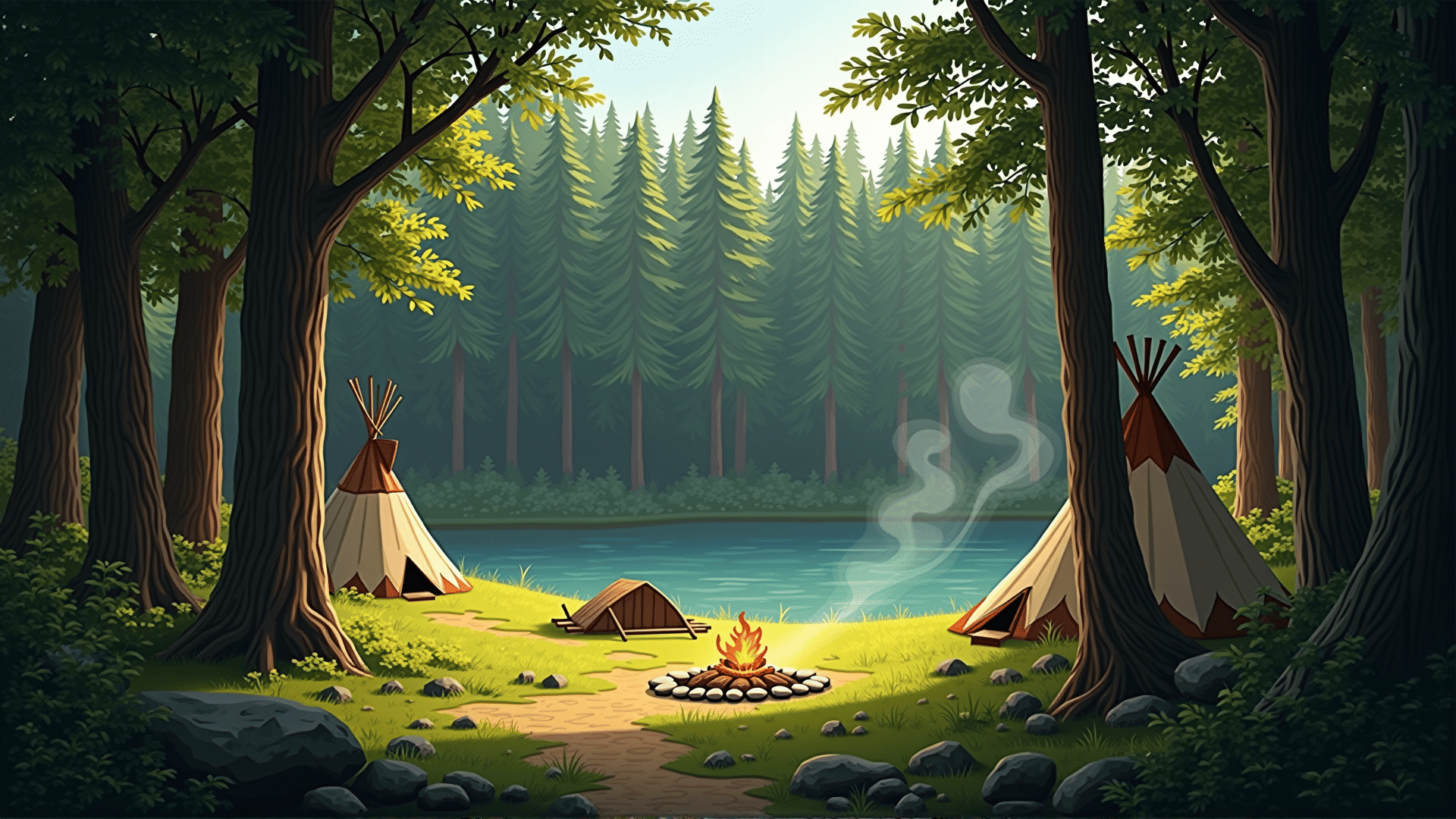Exploring the depths of Canada's Indigenous cultures offers a profound glimpse into the heart of a nation whose history stretches back thousands of years. Canada's Aboriginal people have a rich and vibrant history that continues to shape the country’s identity, offering lessons in resilience, community, and connection to the land.
The First Nations, Inuit, and Métis communities form the bedrock of Canada’s cultural mosaic. Each group has distinct languages, traditions, and histories that together create a diverse tapestry of Indigenous heritage. Understanding these cultural narratives is key to appreciating the enduring impact of Aboriginal peoples on the cultural landscape of Canada.
The oral traditions of Indigenous communities have been instrumental in preserving their history, transferring knowledge from one generation to the next. Storytelling is not merely a relic of the past; it is a living art form that imparts wisdom and cultural values. Through myths and legends, Indigenous storytellers share tales that speak of creation, the interconnectedness of all life, and the lessons learned from the past.
Art is another crucial aspect of Aboriginal culture. Indigenous artists have long expressed their connection to the land and their ancestors through vivid and intricate works. Traditional crafts such as beadwork, weaving, and carving are complemented by contemporary art forms that continue to evolve. Through expressive forms like painting, sculpture, and performance art, Indigenous artists narrate their stories and challenge modern perceptions.
Indigenous languages, though at risk, remain vital to cultural identity. Efforts to revitalize these languages demonstrate a commitment to preserving an essential component of cultural heritage. Language programs and cultural camps across Canada aim to teach younger generations the languages of their ancestors, bridging the past with the future.
Customs and traditions vary across regions but share common themes of respect for nature and community. Ceremonies such as the Sun Dance and Potlatch hold significant cultural and spiritual value, acting as community gathering points where social ties are reinforced and knowledge is shared.
Land remains central to Indigenous identity and spirituality, holding a sacred place within many cultural practices. The preservation of natural landscapes is not just about maintaining physical space but about protecting the interconnected web of life that supports traditional lifestyles and spiritual practices.
Finally, the ongoing struggles and triumphs of Indigenous communities reflect resilience and a profound spirit of survival. The movement towards reconciliation seeks to address past injustices and forge a new relationship based on mutual respect and understanding.
In delving into Aboriginal heritage, we uncover not only the vibrant traditions and customs that define Indigenous communities but also gain insight into the broader narrative that shapes the Canadian nation as a whole. Through education, cultural preservation, and dialogue, we can honor and celebrate this rich tapestry of human history and ensure it remains an integral part of our shared identity.
